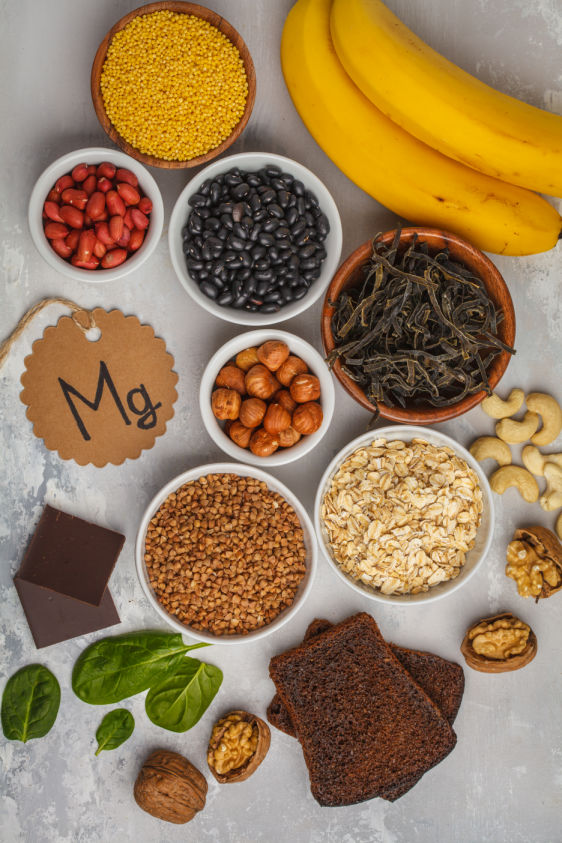Top 3 Reasons to Try Mindful Eating

Has dieting ruined your relationship with food? Do you feel guilty when you eat sweets or find yourself unable to stop yourself when you have snacks laying around?
You’re not alone.
Diet culture has taught us to label foods as “good” or “bad,” and to tie our feeling of self worth to what we are eating and how we look. However, there is another way to approach eating that gives us more freedom and helps us better listen to what our body needs. It’s called “Mindful Eating.”
Eating mindfully means that we are using all of our physical and emotional senses to experience and enjoy the food choices we are making, and it makes for a much more fulfilling and satiating meal experience.
Top 3 Reasons to Try Mindful Eating
Mindful eating has physical and mental benefits. We’ve compiled the top three reasons you should give it a try below.

#1. It makes mindless eating impossible, which can help with weight loss and healthier food choices
We’ve spent the past 2 weeks learning about the importance of a caloric deficit (consuming less than we burn for energy) for weight loss and fat loss. One of the biggest things that gets in the way of a caloric deficit is mindless eating, whether it’s because we’re scrolling Instagram while snacking, watching a show with dinner, or eating while on the go. Without even enjoying the food, we end up tipping ourselves out of our caloric deficit, keeping us stuck at our current weight.
When we practice mindful eating, we are bringing our attention to the sensations of the food, from its flavor, texture, and smell to its taste and the emotions we feel as we eat it. This attention itself prevents us from unintentional or mindless eating.

#2. Mindful eating helps us notice our satiety signals
Satiety is the feeling of being full, or satiated. When we practice mindful eating, we learn to tune into the sensation of hunger (which feels different than boredom or stress) as well as the sensation of fullness, which gives us a cue of when to stop. The more we listen to that cue, the better we become at listening and giving our body what it needs without overwhelming it with a meal that sits too heavily and requires a nap to digest.
Speaking of digestion, mindfulness also enhances the “rest and digest” part of our nervous system, which provides blood flow to our stomach and intestines. Mindful eating also allows us to take our time to chew and enjoy our food, so we’re less likely to swallow air or large bits of food, which can improve digestion and bloating.
Remember, you can work with one of our professional health coaches to develop a nutrition plan by signing up for a 1-on-1 session here .

#3. We can develop a powerful relationship with food as fuel for mental and physical wellness
When we attune more to how our body feels when eating we become better at noticing why we choose certain foods and how they make us feel. This deeper awareness is useful for recognizing how to choose our meals to support our health. It’s also key for understanding any unhelpful habits or obstacles related to our relationship to food.
Adding more nutrient-dense foods to our diet can improve our mental health and fuel activities that we love to do, AND sharing an ice cream with friends can improve our mental health and fuel activities that we love to do. We can include both in a healthy diet, using mindfulness to guide when we’ve had enough.
If you missed the workshop on muscle building and fat loss, you can catch the replay on our site!
Contact Us
Don’t hesitate to get in touch with any questions or feedback. We’re here to help!
Be Well to Lead Well Newsletter
Ready to find ways for you and your teams to improve well-being and performance? Join our community of forward thinking leaders by subscribing to our Be Well to Lead Well newsletter.
Register for Your Account
Register for an Account
Start the Sleep Challenge!
Schedule a Well-Being Strategy Call
Submit your information below and our team will respond ASAP!
Workplace Wellbeing Inquiry Form
Government Contracting Inquiry Form
Application
